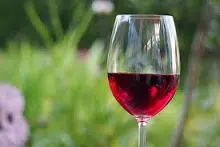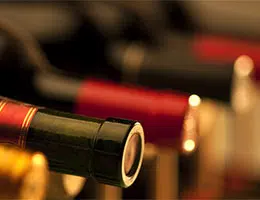 Oenology is the technique and science linked to winemaking . It is a series of knowledge that allows the study and development of the entire production process, from the harvesting of the grapes to the conservation of the final product.
Oenology is the technique and science linked to winemaking . It is a series of knowledge that allows the study and development of the entire production process, from the harvesting of the grapes to the conservation of the final product.
The expert in oenology is known as an oenologist . This specialist is responsible for providing technical advice to the winery to guarantee the quality of the wines. It is important not to confuse the role of the winemaker with that of the sommelier or sommelier (the person who, in restaurants and hotels, advises the diner on which wine to choose) or with that of the taster or wine taster (whose job is to taste the wine to detail its characteristics).
Oenology training varies by country. There are nations where it is possible to pursue a degree that guarantees the scientific suitability of the graduate. The graduate in oenology has knowledge about cultivation methods, must preparation, product storage, etc.
Another specialty related to oenology is viticulture , also known as viniculture and viticulture . In this case, the discipline is centered on the vine (the plant that has the grape as its fruit). The viticulturist is a fruit grower specialized in vines.
The winemaker, in short, is the professional who makes the most important decisions in the wine production process, although his activity is not limited to the production stage. It also participates in everything related to the land where the crops are grown and the inputs that are used, for example. That is why oenology is key in the wine industry .
Let's see below a list of the most important competencies of oenology professionals:
* take into account market demands and legal, economic and technical resources to carry out the organization of the production process;
* participate in decision -making about issues such as capacity, design and use of winery facilities, tools and machinery, with the aim of making it more efficient and achieving an increase in the quality of the wines produced;
* carry out the control and management of the quality of products, both wine and derivatives and related products throughout the production chain, particularly at the fundamental points of wine companies;
* maintain control of personal hygiene and safety conditions in the workplace. This includes supervisory work to ensure that all employees comply with relevant regulations;
* carry out training for the workers of the wine companies and auxiliary companies, and maintain control of them;
 * control that all current rules linked to the circulation, labeling, production and marketing of wines and related and derived products are complied with. Oenology also covers the control of regulations related to prices and markets;
* control that all current rules linked to the circulation, labeling, production and marketing of wines and related and derived products are complied with. Oenology also covers the control of regulations related to prices and markets;
* be aware of the decisions made about the varieties to choose, the characteristics of the vineyard plantations , its cultivation and management, the collection and transfer of the harvest for storage in the winery, among others crucial points of the production process;
* schedule the supply of products and raw materials, and then supervise their selection and reception, ensuring that they satisfactorily pass quality control and that they are purchased in the necessary quantity;
* Carry out management of the laboratory where chemical, organoleptic, microbiological and physical analyzes are carried out to control all products and raw materials .
